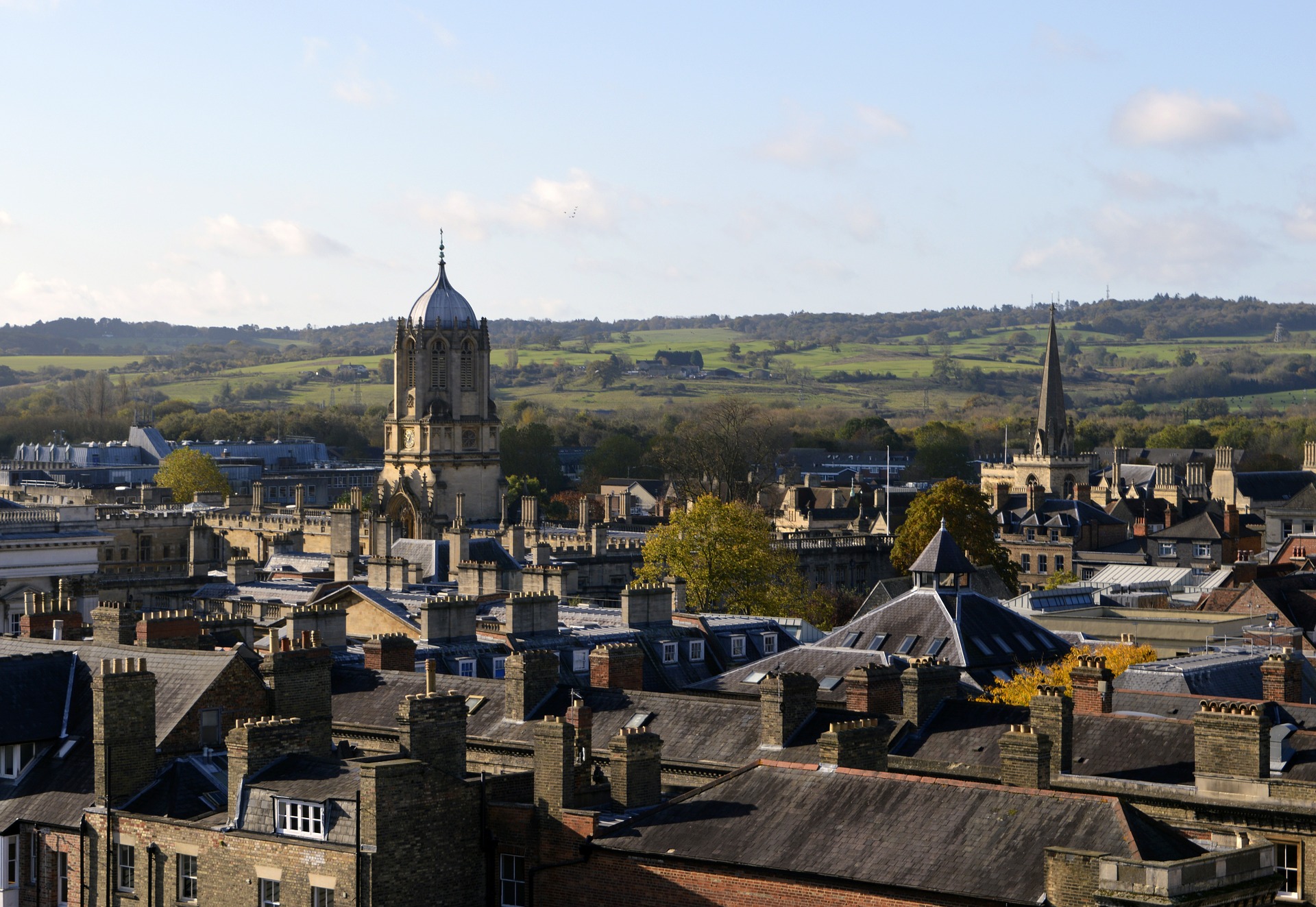
Climate change is not a theoretical future prospect; it is with us here and now, with wildfires, droughts and floods. We have been warned by scientists, many of them based in Oxford—it will get far worse if we do not act with much greater urgency.
There has been a failure of politics to do anything like what is necessary to fight climate change. Yes, we were the first country in the world to pass a Climate Change Act. Yes, we have led the world in reducing the carbon intensity of our economy over the past 40 years. But there’s a difference between doing nothing and not enough, and we’re not doing enough.
The only credible answer of democratic politics, particularly in response to recent protests, is to admit that we need to raise our game and show we can act. We know these truths to be self-evident because schoolchildren are teaching them to us.
There are key areas where councils need Government support. There are many areas where local councils can make progress by attracting millions of pounds of investment in low- or zero-carbon technologies, particularly from the private sector, and we need Government to be supporting us to move exciting projects from the conceptual to investor-ready then shovel-ready. That means teams embedded in key Government departments supporting councils to leverage private finance into our communities in ways consistent with our demo-cratic and social values to meet ambitious goals.
Of Oxford’s city-wide carbon reduction initiatives, I want to highlight a number of our pioneering partnership projects.
The Low Carbon Oxford network is a collaborative of over 40 organisations responsible for over half of Oxford’s carbon dioxide emissions which have committed to reduce their emissions by 3% each year.
The launch of Low Carbon Oxford nearly a decade ago has been a call to action to reduce our carbon emissions, develop a low carbon economy, and to do it together. The growth of this partnership has connected us, made possible more learning, shared more knowledge, and given rise to more life-changing innovations than we could have achieved alone. It has helped to make possible launches such as the recent announcement of Oxfordshire GreenTech, a network of low-carbon businesses all working towards shared goals.
Oxfordshire will receive £40m funding for a project to trial a new smart local energy system – or ‘smart grid’.
Project LEO will explore how the growth in local renewables, electric vehicles, battery storage, and demand side response can be supported and help in reducing charges to consumers.
The system will balance local demand with local supply in a real-world environment and will help to test markets, inform investment models and, assess the benefits of flexibility to the energy system.
The project will demonstrate the potential for individuals and communities to become active participants in the energy systems of the future.
Critically, Project LEO will enable Oxfordshire based social enterprises. By creating opportunities for local communities, project LEO will show the potential for individuals, businesses and communities to collaborate in the creation of an energy system that’s good for people and good for the planet.
Oxford City Council has also facilitated a £41m project to trial the world’s largest hybrid energy storage system to support electric vehicle charging and low-carbon heat networking. This will provide the power infrastructure needed to kick-start an electric vehicle revolution in Oxford and support the city’s ambitious plans to clean up its air and cut its carbon emissions to zero.
Energy Superhub Oxford is a collaboration of partners to install a giant battery (the world’s largest hybrid battery system at 50 Mega Watts) to store and resupply power to electricity suppliers. Spare capacity can be used to supply energy for the charging of EVs in Oxford and enable cheaper power for residential properties by low-carbon ground-source heating. We expect that it will deliver a 20,000 tonnes of CO2 per year saving by 2021, rising to 44,000 tonnes per year by 2032.
Too many people are sitting back and feeling that the world beyond us will figure this out without political pressure. It won’t until people from the broadest representation of society seek a significant break with the status quo. That’s why our new plan to get to Zero Carbon will have a laser-like focus on citizen involvement.
We have to break environmentalism out of the bubble of the traditional green community. And that’s why I’m particularly pleased to announce this week that the City Council will be holding the first citizens assembly in the country by a local authority to deal with climate change.
Such an approach will bring people with us. I want to ensure a real representation of views gets heard, not just the usual green viewpoint.
Anyone looking at politics right now can see that new thinking is needed. We need deep constitutional reform nationally, but in the interim, our country’s well-run cities can try out new forms of engagement. Setting up a Citizens As-sembly could be the path to consensus on climate change here and, crucially, a much-needed model for doing politics better everywhere else. On a similar line, we want to ensure that our drive to Zero Carbon creates a more inclusive economy that retains more of our community-created wealth right here in Oxford.
And in that vein I want to close by quoting that giant of words and thoughts, Maya Angelou: “Do the best you can until you know better. Then when you know better, do better.” We know better now, so let’s start doing better urgently.

Councillor Tom Hayes is Board Member for Safer, Greener, Environment in Oxford City Council.